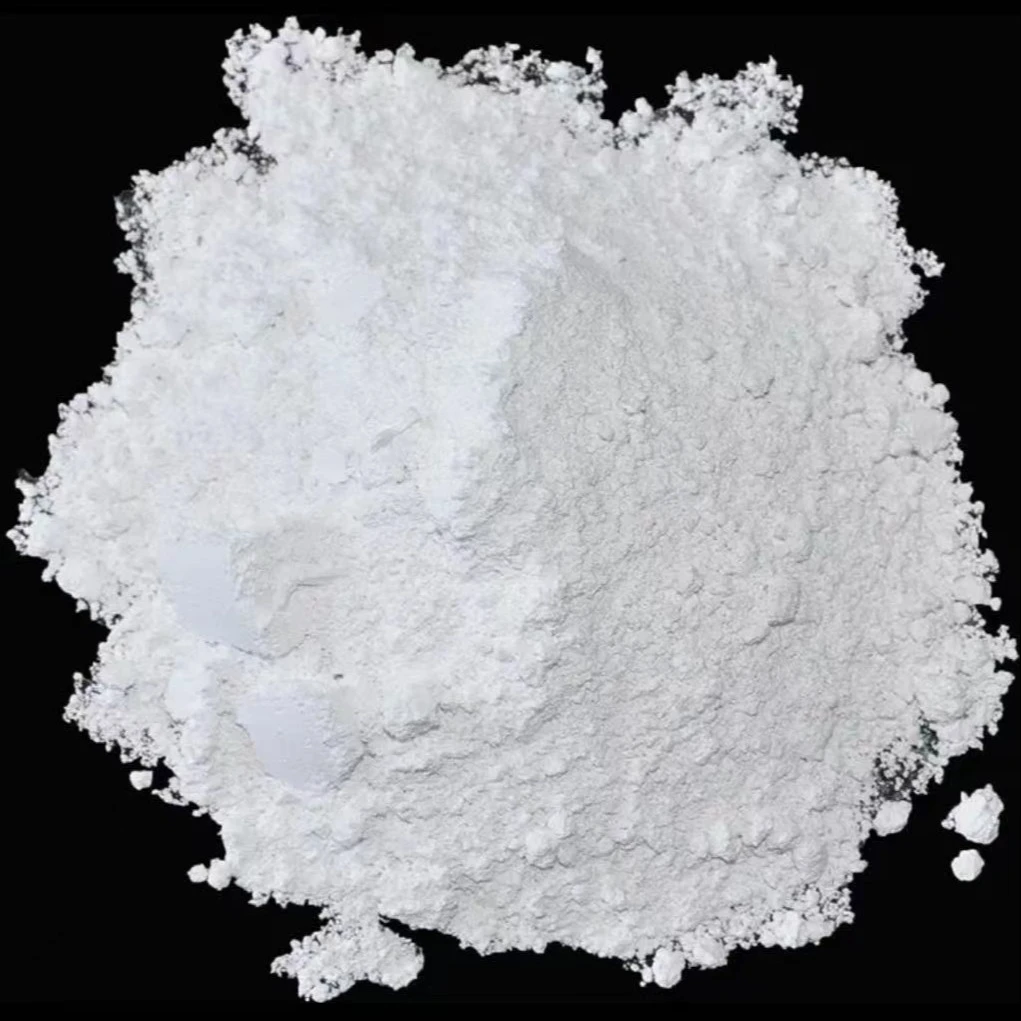
10 月 . 15, 2024 10:11 Back to list
Understanding the Properties and Applications of Natural Barium Sulfate in Various Industries
The Significance of Natural Barium Sulphate
Barium sulfate, a naturally occurring mineral, holds critical importance across various industries due to its unique chemical and physical properties. Known scientifically as barite, barium sulfate (BaSO₄) is a heavy, white powder derived from the mineral barite, which consists predominantly of barium, sulfur, and oxygen. This compound exhibits numerous valuable attributes, including high density, low solubility in water, and excellent radiopacity, qualities that contribute to its multifaceted applications.
Natural Occurrence and Extraction
Barite typically forms in sedimentary environments, often as a result of hydrothermal processes where hot water interacts with minerals. Major deposits are found around the world, with significant sources located in China, India, and the United States. The extraction process usually involves open-pit mining, followed by milling to produce the fine-grade powder that is essential for industrial use. The natural variety of barium sulfate is prized for its purity and minimal environmental impact when mined responsibly.
Industrial Applications
One of the most significant applications of natural barium sulfate lies in the oil and gas industry, where it is used as a weighting agent in drilling mud. Drilling fluids are pivotal in managing pressure, stabilizing the wellbore, and carrying cuttings to the surface. The high density of barium sulfate helps prevent blowouts and ensures the safe extraction of hydrocarbons.
natural barium sulphate

In addition to the oil and gas sector, barium sulfate finds extensive use in the production of paints, coatings, and plastics. As a pigment, it provides excellent opacity and brightness, enhancing the aesthetic qualities of products. Furthermore, its ability to improve durability and resistance to corrosion makes it an essential additive in automotive and industrial coatings.
Additionally, the pharmaceutical and medical industries benefit from barium sulfate’s unique properties. Its radiopacity enables it to be utilized in medical imaging, particularly in radiographic examinations of the gastrointestinal tract. When ingested, barium sulfate outlines the structures of the digestive system, allowing healthcare professionals to detect anomalies such as obstructions or ulcers through X-ray imaging.
Environmental Considerations
The natural extraction and use of barium sulfate also prompt discussions around environmental sustainability. While barite mining is generally less environmentally damaging than other forms of extraction, it is still essential to implement responsible mining practices. Minimizing land disruption, ensuring proper waste management, and rehabilitating mining sites are critical to maintaining ecological balance. Additionally, the low solubility of barium sulfate in water reduces the risk of contamination in aquatic environments, making it a comparatively safer mineral for industrial applications.
Conclusion
In summary, natural barium sulfate is a mineral of significant industrial importance, with diverse applications ranging from oil drilling to pharmaceuticals. Its unique properties, such as high density and radiopacity, make it an invaluable resource in specialized fields. As industries continue to evolve and prioritize sustainability, the responsible extraction and use of natural barium sulfate will remain crucial. Understanding its applications and environmental impact fosters informed decisions that promote both economic growth and environmental stewardship. As the demand for this mineral grows, ongoing innovation in mining techniques and application development will further enhance its role in modern industry.
-
Lithopone for Plastic & TiO2 R-5568/SK-6658 Masterbatch Solutions
NewsMay.30,2025
-
China Leading Rutile TiO2 Manufacturer - R5566 & R996 Grades Available
NewsMay.30,2025
-
High-Purity Anatase & Rutile TiO2 Powder Trusted Manufacturer
NewsMay.30,2025
-
High-Purity Anatase Products Trusted Supplier & Manufacturer
NewsMay.29,2025
-
Best Price Eco-Friendly Rutile TiO2 Supplier & Wholesale Factory
NewsMay.29,2025
-
Chinese Anatase Titanium Dioxide for Ceramic Glaze Reliable Supplier
NewsMay.29,2025
